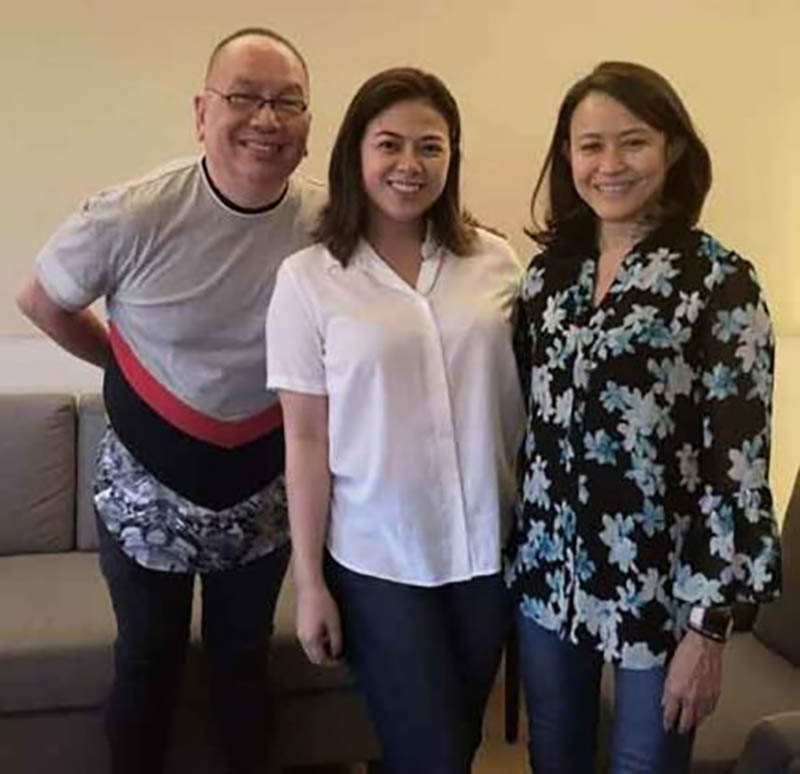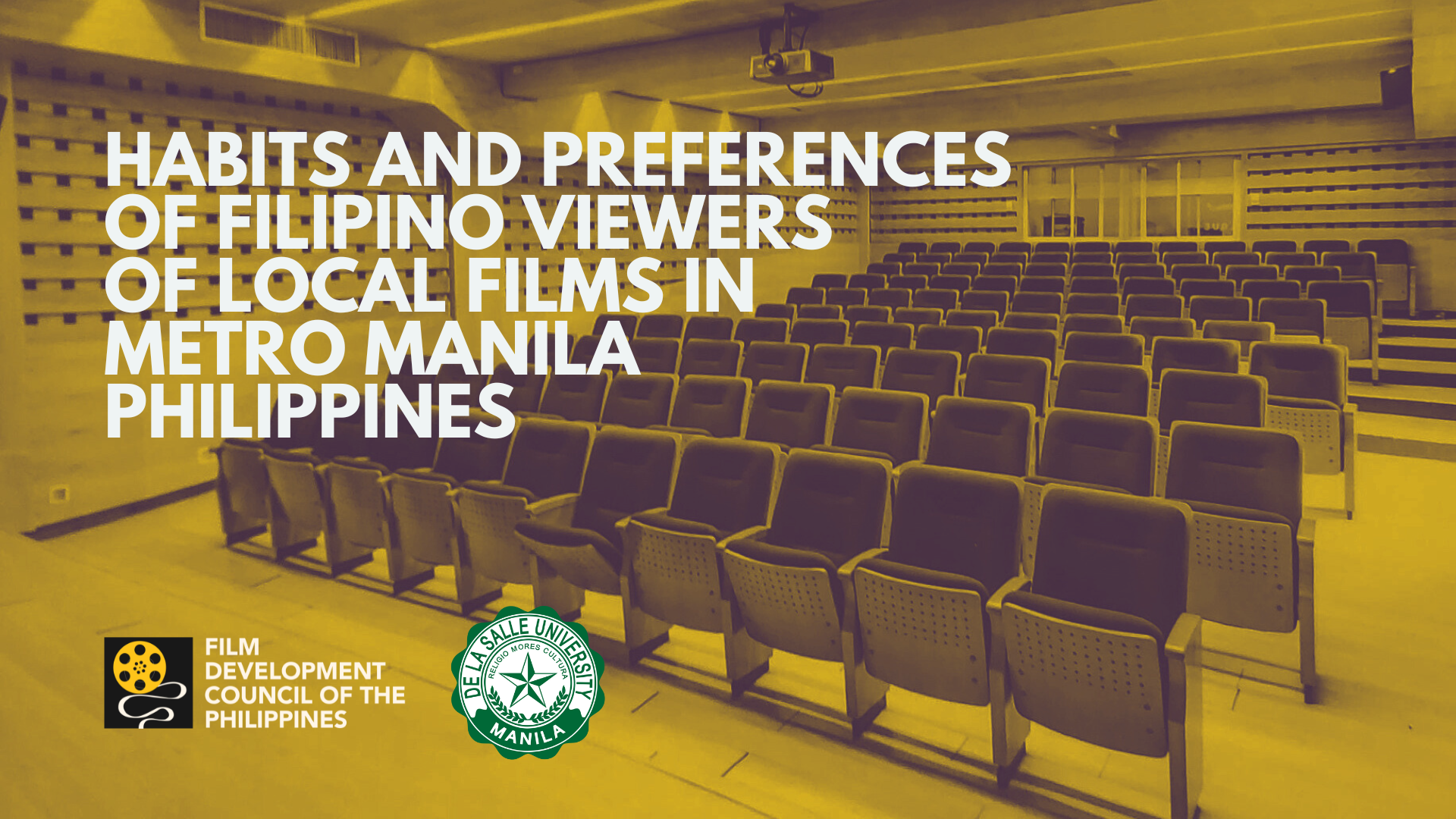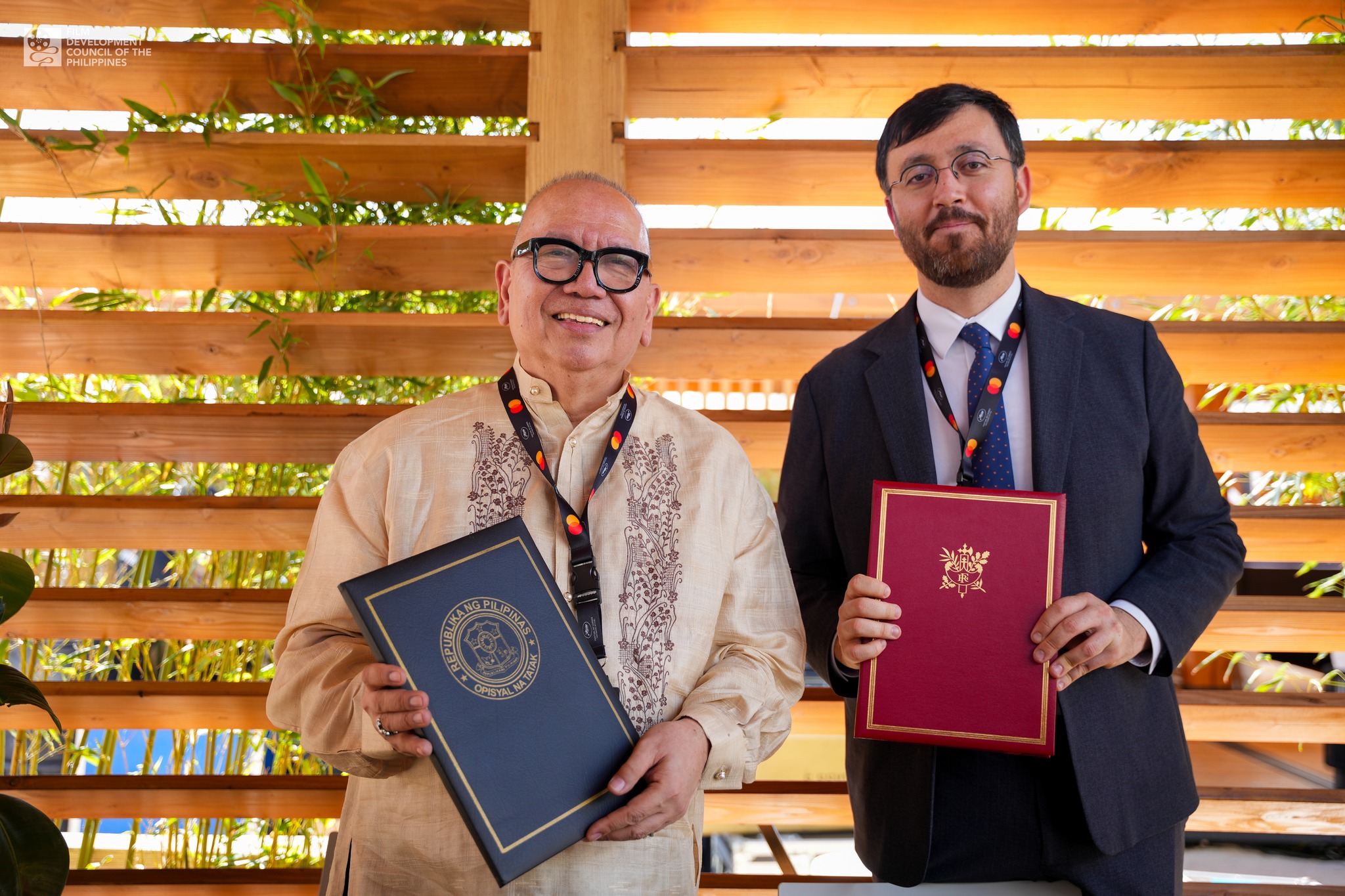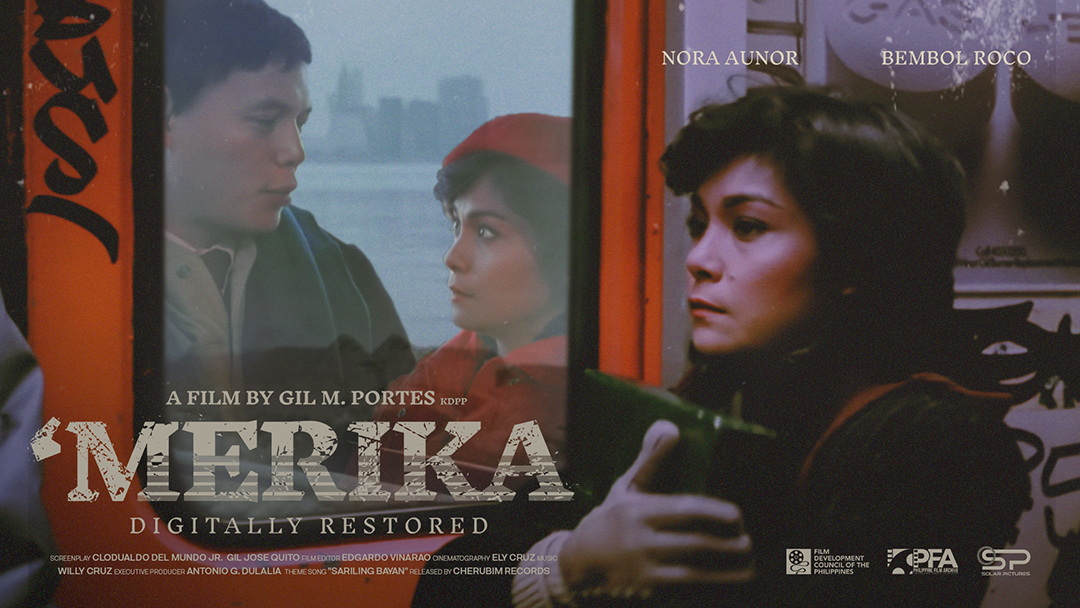Key figures gear up for the ‘new normal’ in the audio-visual industry

It started with the Taal Volcano eruption, when the ashfall made people stay put for safety. Then came the rising number of coronavirus disease 2019 (Covid-19) cases. The fear of contracting the virus through large gatherings made people avoid going to public spaces, including theaters. From there, even live events started getting postponed. The reality slowly crept up when we saw these events and festivals getting cancelled left and right. It was a big blow in the industry that we never saw coming.
And then this: Imagine finally watching a film in the theater after several months, only to be required to be two seats apart from the friends or family you came with. Or for workers, imagine audio-visual (AV) shoots being required to practice physical distancing with a gap of one meter, and this would apply to everyone—from the directors, producers, production staff and actors. Your favorite local love team would have to be one meter apart on and off cam with masks on. These scenarios would have been outrageous three months ago. Now, they will be considered to be possibly the “new norm” as the AV industry prepares for the resumption of work amid the Covid-19 crisis.
The big question, however, is when will things go back to normal? Or yet, is this already the new normal? Other concerns also come to mind: When will people flock to the cinemas again? How can the public feel safe about attending parties and events? When will people feel comfortable to be in a large concert crowd? Will audiences be content with watching films online?
Other attendees were Miguel del Rosario (Animation Council of the Philippines), Chris Millado (Cultural Center of the Philippines), NCCA Chairman Arsenio “Nick” Lizaso, Malou Santos (ABS-CBN Film Productions), Vincent del Rosario (Viva Communications), Roselle Monteverde (Regal Entertainment), Joel Saracho (Theater Actors Guild), Vincent “Ting” Nebrida of (TBA Studios) and writer-director Jose Javier Reyes.
The town hall kicked off with industry representatives airing their concerns. Star Cinema’s Olivia Lamasan shared on the cancellations and delays in film productions, Audie Gemora of Philippine Legitimate Stage Artists Group for theater productions, Paolo Villaluna and Carlitos Siguion-Reyna of Directors’ Guild of the Philippines and production designer Benjamin Padero on the plight and income loss of workers, and Butch Ibañez of Solar Pictures for film distribution in cinemas. Paolo Mercado of the Creative Economy Council of the Philippines also gave context to the economic impact of Covid-19. Alemberg Ang of VY/AC Productions, Patti Lapus of Epicmedia Productions, Mackie Galvez of Lupon ng Pilipinong Sinematograpo, Jay Block of Outbound Asia, and Shakira Villa Symes of the Independent Production Workers Group shared their experiences regarding independent film productions, cinematographers,and live performances.
I noted to my government colleagues that behind the glitz and glamour of the AV industry is the hard work of low-income earners such as utility, propsmen and cinema checkers. Ben Padero pointed out that affected AV industry stakeholders also include displaced suppliers like tailors, carpenters and drivers. The same can be said about those in advertising, and Quark Henares of Globe Studios commented that the Covid-19 pandemic is an all-encompassing obstacle in the industry.
Fundraising initiatives by industry members such as Open House, Lockdown Cinema Club, Volunteer Corps PH, All Access Initiatives and Artists Welfare Project, Inc., have been launched to give financial support to displaced workers. But town hall attendees brought up the reality of donor fatigue and the need for sustainable assistance programs and business continuity.
The proliferation of piracy during the ECQ was also raised as the public resorted to online entertainment. Various filmmakers even made their works available online for free or for a fee that would count as a donation, but such works have been redistributed illegally. Another pressing issue is the slow internet speed that has been hampering productivity.
After hearing the side of the AV industry, it was the government’s turn to speak. Congressman Toff de Venecia spoke twice as part of the AV industry (he’s a stage director and producer) and as a lawmaker. Cong. Toff, a champion of the performing arts sector, has been working with FDCP on initiatives for our industry. It was through the House Committee Hearing he has been conducting that FDCP got more exposed to the growing AV industry, which is no longer limited to content creation as it has reached out to the performing arts and live performance sectors.
Citing the Philippine website “I Lost My Gig,” Cong. Toff reported an income loss of at least P99 million in the industries of arts, design, entertainment, media, retail, and health and wellness. He then highlighted the proposed fiscal stimulus plan and mentioned the need for labor retention and business continuity to boost the country’s economic resilience.
DoLE Medical Officer V Dr. Mark Valeros talked about the Covid-19 Adjustment Measures Program (CAMP) unemployment compensation and employment facilitation for the employed sector, DSWD Assistant Secretary Glenda Relova spoke about the Social Amelioration Program and DTI Assistant Director Anthony Rivera of the Export Marketing Bureau mentioned the need to leverage on e-commerce and capacity building through the Philippine Trade Training Center. CCP’s Chris Millado then reported that they have started investing in capacity building to improve the skill set of AV workers along with digitizing content.
NCCA Executive Director Al Ryan Alejandre discussed the quick assistance program for displaced artists and cultural workers, while DICT’s Joshua Miguel Lopez offered cloud storage and suggested ways on how to improve internet speed.
The IPOPHL, led by Director General Rowel Barba, talked about anti-piracy efforts in detail. IPOPHL Deputy Director General Atty. Teodoro Pascua revealed that they continue to process and resolve copyright complaints during the ECQ. Dr. Dominic “Meng” Maddumba of DoH, meanwhile, presented the #BagongBuhay proposal once the ECQ gets lifted. He reminded that physical distancing will still be advocated and government decisions will always be based on science.
Among the urgent concerns of the AV industry that need to be addressed are the policies for production shoots and barrier measures during live events, if and when the ECQ is over. Fortunately, DOH’s Doc Meng was ready to share some proposed protocols for movie viewing, production shoots and events. These include providing health reminders to moviegoers and workers, frequent handwashing, wearing of masks, maintaining a one-meter distance and daily sanitation of cinemas and equipment. This is a good baseline for the industry that can be streamlined through more consultations and discussions.
As for FDCP, which is under the Office of the President, our Disaster/Emergency Assistance and Relief (DEAR) Program has supported more than 1,200 displaced AV workers who received P8,000 financial assistance.
One of the biggest projects of FDCP to align with the shift to the new norm is to amp up its Cine Lokal program by migrating it to an online platform. Also, we will soon launch social campaigns to engage the industry to support our film industry despite the shift to digital platforms.
“Binging During Quarantine” is a fun and uplifting campaign series that features celebrities and personalities who make recommendations on the favorite films they are watching during the quarantine. On the other hand, #NoodTayoNgSine is a video campaign featuring recognized artistic talents and their love for cinema. Actors and actresses band together to create a series of shots that celebrate the experience of cinema and their favorite titles, remaining hopeful that as soon as we weather the pandemic, we may return to the joyous experience of being in the cinemas to watch films.
The AV Industry Stakeholders Town Hall is the first of many discussions within the industry. Succeeding pocket meetings will not just tackle ways to overcome the Covid-19 crisis but will also talk about fine-tuning working conditions and protocols. The AV industry aims to move forward along with other sectors towards setting up the country’s “new normal.” We can achieve this if we continue to unite and come out of our silos because interconnections surely pave the way for more solutions.





